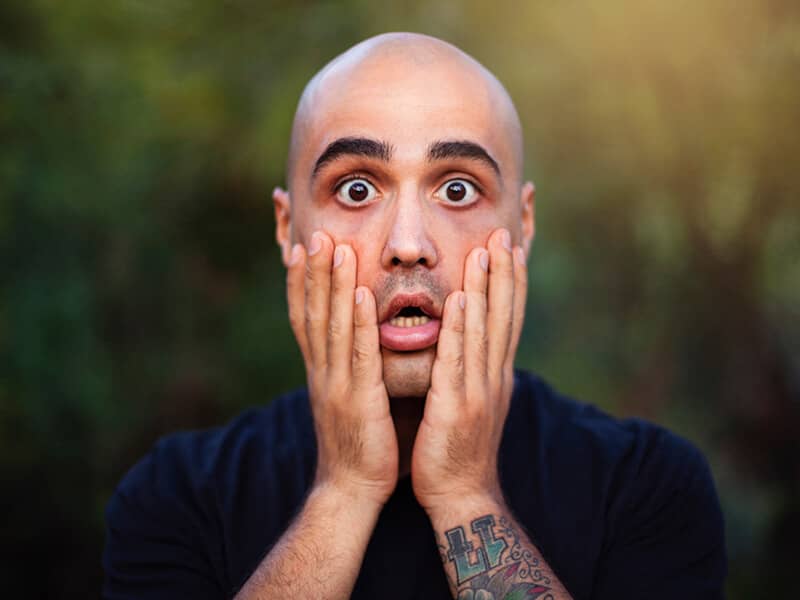Good TV shows become their own religion. The reason people get so into shows like The X-Files or Battlestar Galactica is that the programs create their own worlds and bring the viewer along. Hence the popularity of Lost. The show is about a group of people going from Sydney to Los Angeles who survive a plane crash on a tropical island, only to encounter supernatural elements. There's a polar bear running around in the jungle, a young boy who speaks backward, and a monster made of black smoke. Also, all the survivors are apparently connected to each other somehow. Throw in a couple of "begats," and you have the Book of Genesis.
One reason that Lost resonates with so many viewers is that it incorporates elements from many world religions. The show frequently refers to a mysterious string of numbers that add up to 108, a sacred number in Buddhism that represents the number of beads on a mala, or prayer necklace. A secretive group that might be behind the mysterious happenings on the island is called the Dharma Initiative. Lost boasts one of the most diverse casts on TV, with the survivors of Oceanic Flight 815 coming from a variety of backgrounds (Nigerian, Korean, Iraqi, etc.) However, religious diversity is where the program fails. Because the majority of the passengers are from the United States, the show assumes them all to be Christian or nonreligious. The Iraqi soldier, Sayid, is Muslim, and has been shown praying on several occasions. On-again-off-again heroin addict Charlie grew up Catholic, and Catholic imagery often plays a role in his flashbacks and dream sequences.
Many episodes have had a Christian element, whether subtly or overtly. In one episode, former altar boy Charlie and priest (sort of- it's a long story) Mr. Eko recite the 23rd Psalm together over a corpse. In another, Eko baptizes a baby. The baby's name, by the way, is Aaron, and Eko loses no time expounding on the Biblical implications of the moniker. Aaron's mother, Claire, responds that she wasn't intending any significance: "I just liked the name." Religion is used to cause conflicts: Charlie is tempted by heroin that is hidden in statues of the Virgin Mary. Jack, a physician and the group's de facto leader, and Locke, his ideological rival, are depicted as the "Man of Science" and "Man of Faith" in order to increase the tension between them.
So, I ask, where are the Jews? Were they all on another flight? Were they abducted by the island's mysterious Others? I'm not asking for a whole subgroup- just some representation. Slap a Chai necklace on someone. Give one of the background characters a yarmulke and make sure the audience notices. By the end of the episode, there will be at least eight websites devoted to what the yarmulke might mean and what role it plays in the mythology of the show. It's not as if the powers behind Lost don't know anything about Jewish tradition- the fact is, several of the show's creators and producers are Jews. The first season finale (appropriately titled "Exodus") was kept so top secret that the show's insiders were told to refer to it as "the bagel." Season two's finale? The challah. Maybe season three will end with rugelach, especially if the storylines keep being so flaky.
Lost can take credit for showing that a large, ethnically diverse ensemble cast can work on TV. Even though certain actors get more air time than others, it's hard to tell who the "star" is supposed to be. In order to up the diversity ante even further, Lost's producers have announced that there will be a gay character on the show this season. Maybe their next trick will be to unearth a Jew from someplace. Davening on a tropical island- now that's something I'd like to see.
2024-05-08
2024-05-08
Beliefnet Editor
more from beliefnet and our partners

